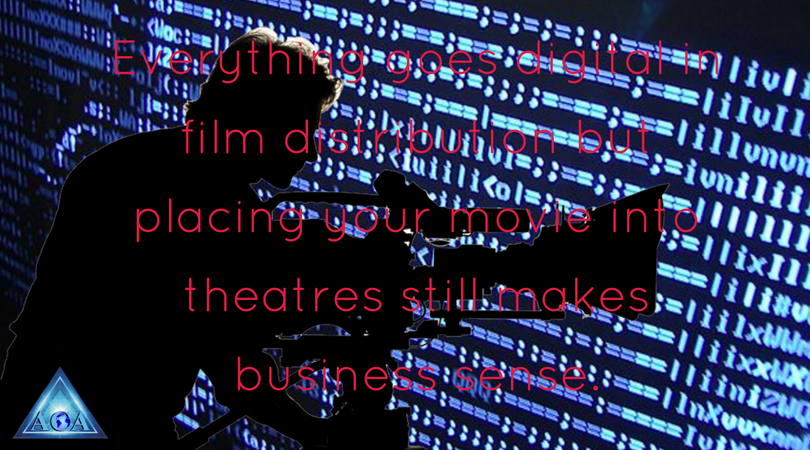From Struggle to Strength. Learning & Growing Through Life’s Challenges
Category : Life Skills Motivation self-development Uncategorized
By Bonnie McDonald

Life’s challenges are not mere hurdles but pivotal moments that shape our character and direction. Each hardship carries the potential to catalyze profound personal transformation. Confronting and overcoming these trials can fortify resilience, enhance empathy, and inspire significant life shifts. Embracing adversity refines our abilities to handle future problems with increased skill and confidence, setting a foundation for success in various aspects of life.
Cultivating Resilience in the Face of Adversity
When you face difficulties head-on, it doesn’t just test your mettle—it strengthens it. Each challenge you surmount reinforces your ability to cope with future stresses. This process lays a robust foundation for enduring resilience. It equips you with the grit necessary to tackle the unpredictable paths of both personal and professional life, enhancing your capability to manage and rise above future challenges. As resilience builds, so does your assurance in your capacity to navigate life’s unpredictable storms.
Expanding Empathy Through Personal Hardships
Navigating through periods of hardship expands your understanding and sensitivity toward the struggles of others. This enhanced empathy makes you a more compassionate and supportive community member. You start to relate deeply to the pains and challenges others face, which in turn, enriches your interactions and relationships, providing a deeper connection to those around you. Empathy cultivated through personal trials is a profound tool that enriches interpersonal relationships and fosters a supportive network.
Reflection and Realignment During Trials
Challenges often compel you to reflect on your values and priorities. This introspection leads to clearer insights about what is truly significant, guiding more purposeful decisions. By reassessing what matters most, you can realign your life’s goals and actions toward more fulfilling endeavors that resonate with your core values. Such clarity is essential when making decisions that influence both personal growth and professional development, ensuring that your paths align with your deepest convictions.
Inspiring Creativity and Flexibility
When initial plans falter, the necessity to adapt fosters creativity and flexibility. These skills are invaluable in a rapidly evolving professional landscape, helping you to thrive in various circumstances. Learning to pivot and innovate in the face of obstacles not only keeps your projects afloat but also drives you toward finding unique solutions that might have otherwise gone undiscovered. Creativity thus becomes a critical asset, enabling you to navigate through complex challenges with innovative strategies.
Stepping Into Entrepreneurship with Confidence
Overcoming challenges not only prepares you for the uncertainties of starting a new business but also instills the resilience and adaptability necessary for entrepreneurial success. To start a business, you should identify a viable market need, develop a business plan, secure funding, choose a legal structure, register the business, set up financial systems, and market your products or services to attract customers. Establishing a limited liability company (LLC) can be a strategic move, offering benefits like limited liability, tax perks, and operational flexibility. Opting to self-file or using a reputable formation service can ensure your business is set up correctly without incurring excessive legal fees.
Expanding Your Comfort Zone
Being thrust out of familiar confines by adverse events often leads to unexpected personal growth and self-awareness. You discover latent potentials and new passions that may redefine your life’s trajectory. Getting outside of your comfort zone is essential for personal evolution, allowing you to uncover strengths and interests that were previously hidden. Such discoveries can be transformative, opening up new avenues for personal satisfaction and professional opportunities.
Motivation to Act from Adversity
Sometimes, it takes a significant upheaval to disrupt detrimental habits or complacency. Adversity can be a powerful motivator for pursuing new ambitions or making pivotal life alterations. It provides the push needed to explore new avenues and take actions that can lead to substantial changes in both personal and professional domains. This motivation from adversity is a compelling force, driving significant life changes that align with your renewed perspectives and goals.
The journey through life’s challenges is inherently transformative. Embracing these experiences as opportunities for growth prepares you not just for personal advancement but also for entrepreneurial success. As you learn to navigate through trials with grace and resilience, you set the stage for future achievements and new beginnings. The transformative power of adversity should not be underestimated—it is often the catalyst for the most significant changes in our lives.
Discover how ACA Productions can elevate your business through inspiring video marketing.





